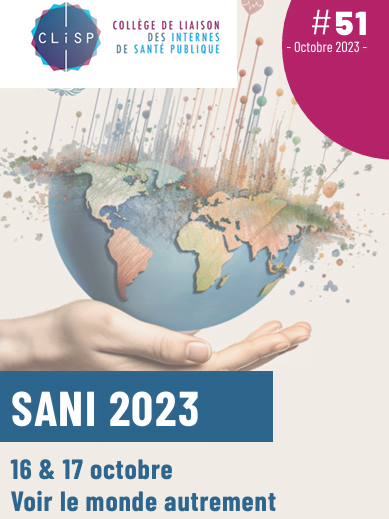Ville: Marseille
Université: Aix-Marseille
Responsable: Pr. GIORGI
Mode d’enseignement: A distance
Site internet: https://sesstim.univ-amu.fr/desu-ai4ph
General aims
The application of artificial intelligence -AI- to medicine can contribute to the improvement of population health. This course focuses on the challenges, needs, implications and methods of artificial intelligence for public health. Designed with a transdisciplinary and interdisciplinary approach, it will allow the students to acquire knowledge in the field of artificial intelligence applied to public health, by combining algorithmic and modelling knowledge with contextualised understanding and critical thinking.
Learning objectives
This course is designed for the students to gain knowledge on the following subjects:
- The basics of public health, statistics, computer science, epidemiology, human, economic and social sciences;
- Artificial intelligence programs and tools for public health; artificial intelligence algorithms and methods;
- Programming in Python and R;
- The organisation and management of an artificial intelligence project applied to health-related data.
Core competencies
Throughout this course the students are expected to acquire the following competencies:
- Understanding the issues, needs, implications and methods of artificial intelligence for public health;
- Knowing how to respond to a public health problem by applying artificial intelligence methods, in a contextualised and critical way;
- Knowing how to implement artificial intelligence-based analyses using well known programming languages in this field, Python and R;
- Knowing how to interpret the obtained results and understanding their possible limitations;
- Being able to organise and run an artificial intelligence-based project from a transdisciplinary and interdisciplinary perspective.
Admission requirements
This course is aimed at students in the second cycle of medical, pharmaceutical and odontology disciplines as well as doctors, pharmacists and dental surgeons.
Students who have obtained a scientific M1, an engineering school diploma or a diploma considered equivalent by the teaching staff, with excellent marks, in one of the following disciplines: statistics, computer science, public health, epidemiology, mathematics, economic and social sciences are welcome as well.
Language prerequisites
Applicants must demonstrate proficiency in English.
Students whose first language is not English must provide an English certificate with at least the B2 level or equivalent.
Educational organisation
This course is eligible to be entirely taken on-line.
This course is organised in 180 hours: 60 hours of theorical lecturing, and workshops, and 120 hours of supervised student independent work.
The teaching program will include mentoring sessions using Information and Communication Technologies. All the course material, including homework, training exercises, quizzes, self-assessment tests, discussion forums and workshops will be available on the course on-line teaching platform.

